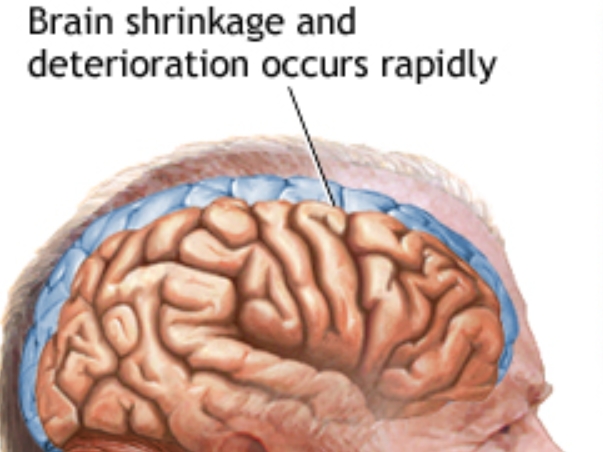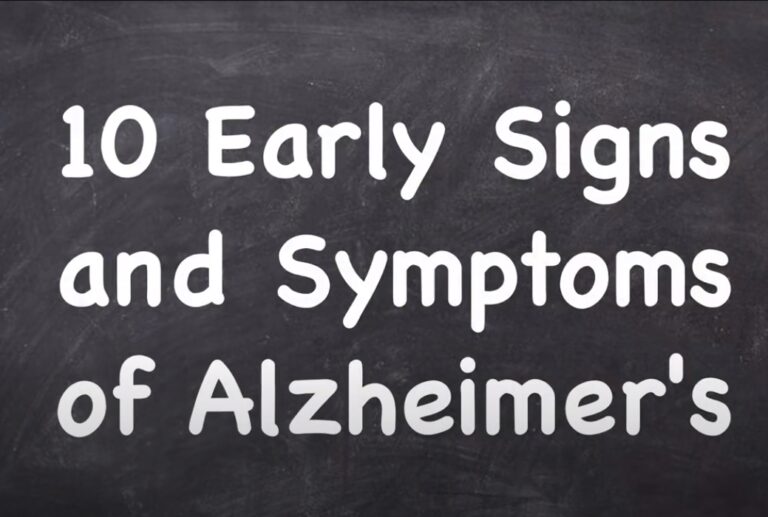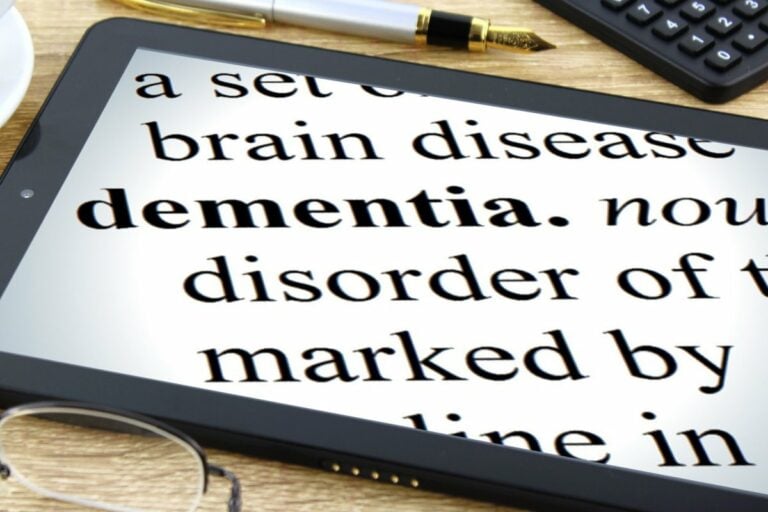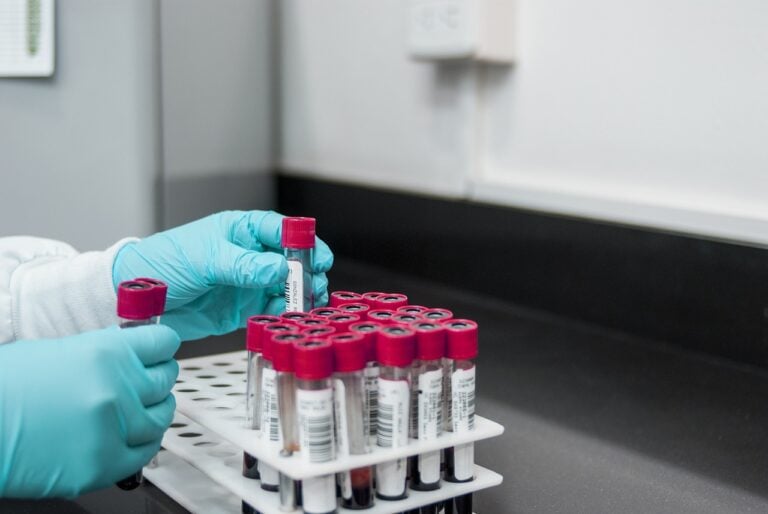
Urine Samples Can Screen Against vCJD Dementia
Mad Cow Disease spreads vCJD dementia. In this key study, a non-invasive urine sample test picked it up. Find out how this may stop vCJD in its tracks.

Mad Cow Disease spreads vCJD dementia. In this key study, a non-invasive urine sample test picked it up. Find out how this may stop vCJD in its tracks.

FDA clears AIRAscore to diagnose and manage many types of dementia. See how it detects and tracks subtle brain volume changes.

DIAGNOSIS: As we age, we change. Learn to spot changes that are Alzheimer’s warning signs, versus changes that just mean a person is aging nicely.

MISDIAGNOSIS? Lewy Body Dementia (LBD) is often mistaken for Alzheimer’s or Parkinson’s. People typically go through 18 months and 3 doctors to get a correct diagnosis. Learn what to do about it.

SURVEY:
Learn how most Americans want a clear diagnosis of illnesses like dementia. A survey found this true even for incurable dementias, such as Alzheimer’s. Find out the reasons they want to know exactly where their health stands.

The Alzheimer’s Foundation of America is offering virtual memory screenings through its National Memory Screening Program, free. It’s easy to get one.

It’s normal to forget things once in a while as the years pass, but how can you tell whether those memory lapses are a sign of something more serious — like Alzheimer’s?

Research shows that a blood test now on the market accurately identifies brain amyloid status with a single blood sample. In other words, this blood test can diagnose Alzheimer’s.

Popular British news presenter Alistair Stewart first realized something was wrong when he could not tie his shoelaces, but his wife Sally was way ahead of him. Watch now.

What are the early symptoms of Alzheimer’s? When to get a professional evaluation.

Salk Institute’s J147 is a derivative of turmeric, a spice used in curry. Learn how it fights memory deficits and has a host of unexpected anti-aging effects in the lab.

FDA approves a newly recommended dosing schedule for Kisunla (Donanemab). It’s significantly safer due to lowered ARIA-E rates, which has been the main problem with these drugs.

A nutrient hidden in your daily meals could hold the key to preventing and slowing Alzheimer’s. Discover what Arizona researchers are revealing about the power of choline.

SHORT-TERM MEMORY lapses are obvious signs of Alzheimer’s, but other tell-tale signals begin to show much earlier. Learn how to look for semantic impairments, such as simple questions about size.

Three important dementia studies focus on HS-AGING, a type of dementia almost as common as Alzheimer’s in the 85+ group. Yet few people have heard of it. Why? What makes it different?

An intriguing study of 120 grandmothers might surprise you. Doctors know socially engaged people have better cognition and less dementia. But can a person get too much of a good thing? What’s the right balance?

Enjoy this great duet between a musician with dementia and his son. A triumph of spirit over Alzheimer’s! Sing-a-long if you like!
No spam, only news and updates.



This site was inspired by my Mom’s autoimmune dementia.
It is a place where we separate out the wheat from the chafe, the important articles & videos from each week’s river of news. Google gets a new post on Alzheimer’s or dementia every 7 minutes. That can overwhelm anyone looking for help. This site filters out, focuses on and offers only the best information. It has helped hundreds of thousands of people since it debuted in 2007. Thanks to our many subscribers for your supportive feedback.
The site is dedicated to all those preserving the dignity of the community of people living with dementia.
Peter Berger, Editor